N’djamena, Chad, 9 June 2023 – Thousands of people amassed at Chad’s eastern border in Sila region and other border areas – seeking refuge from a raging conflict in neighbouring Sudan – are at risk of losing access to vital humanitarian and medical assistance with the impending arrival of the rainy season, warns the international humanitarian medical organisation, Médecins Sans Frontières/Doctors without Borders (MSF).
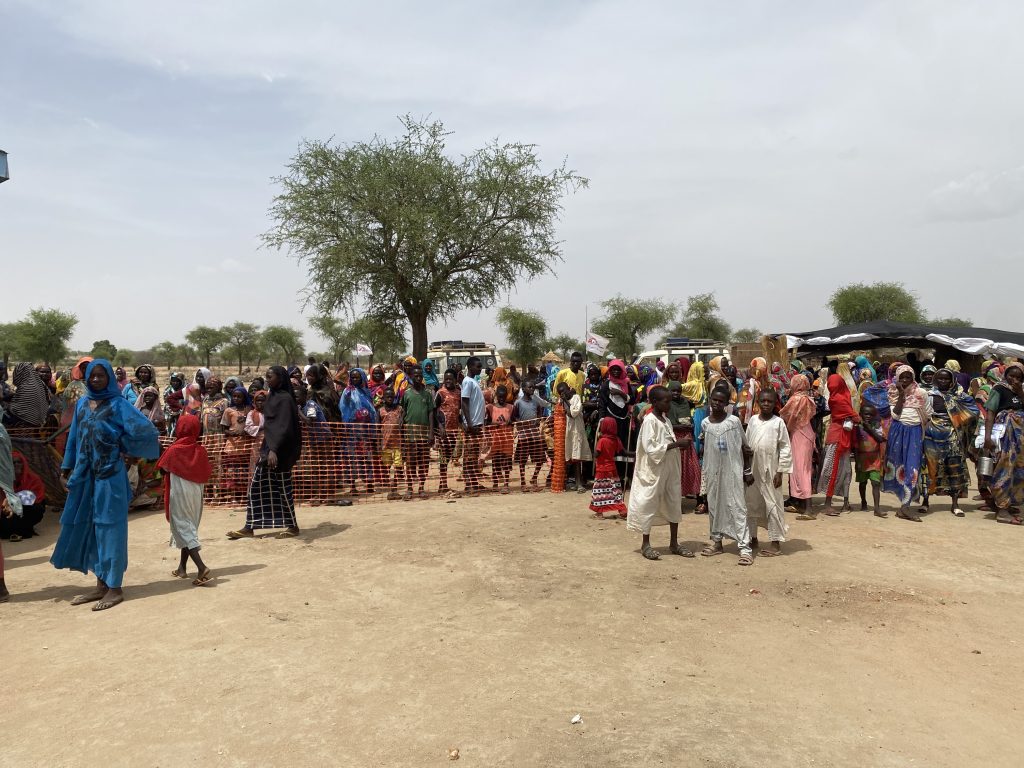
This is expected to have devastating humanitarian consequences in Sila’s border region; when wadis (dry riverbeds) and roads fill with water and flood, it will lead to the complete isolation of refugees and host communities, cutting them off from any form of services or assistance – as the area grows inaccessible.
There are also concerns over increased risks of waterborne and infectious diseases under the current conditions of poor access to clean water and sanitation services. This situation has triggered an emergency response with humanitarian actors trying to provide aid and relocate people far from insecure border areas before the rains hit – however, aid is visibly falling behind.
“Many refugees want to move away from the border area, but there is not enough space for them to relocate. At the same time, there are others who wish to remain where they are, in addition to continuing arrivals from Sudan,” says Audrey van der Schoot, MSF Head of Mission in Chad.
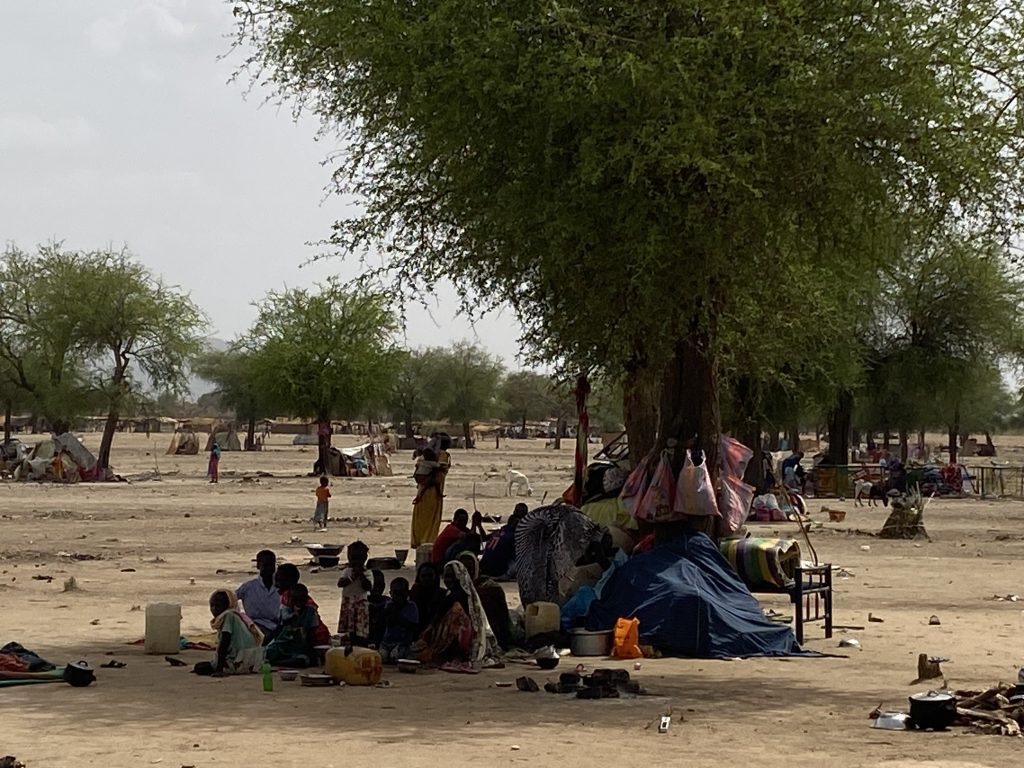
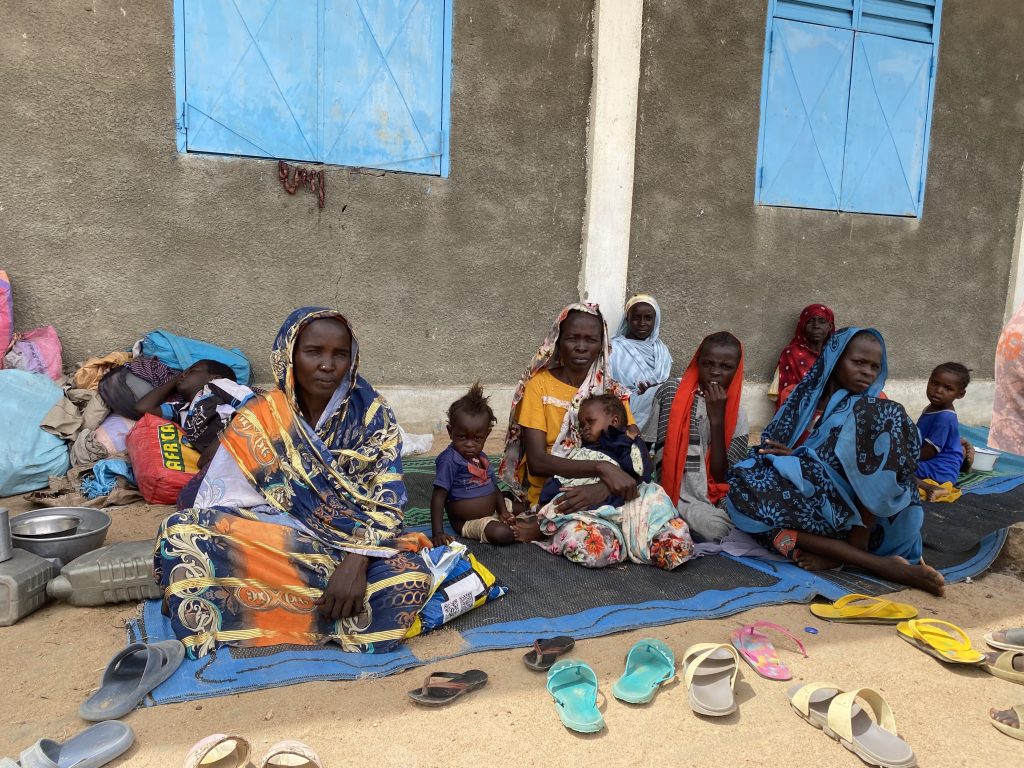
Nearly 30,000 refugees and returnees in Sila region in eastern Chad are receiving limited and slow humanitarian assistance. The lack of shelter, water and insufficient food had many refugees turn to other refugee families or to Chadian hosts who would share from their meagre resources.
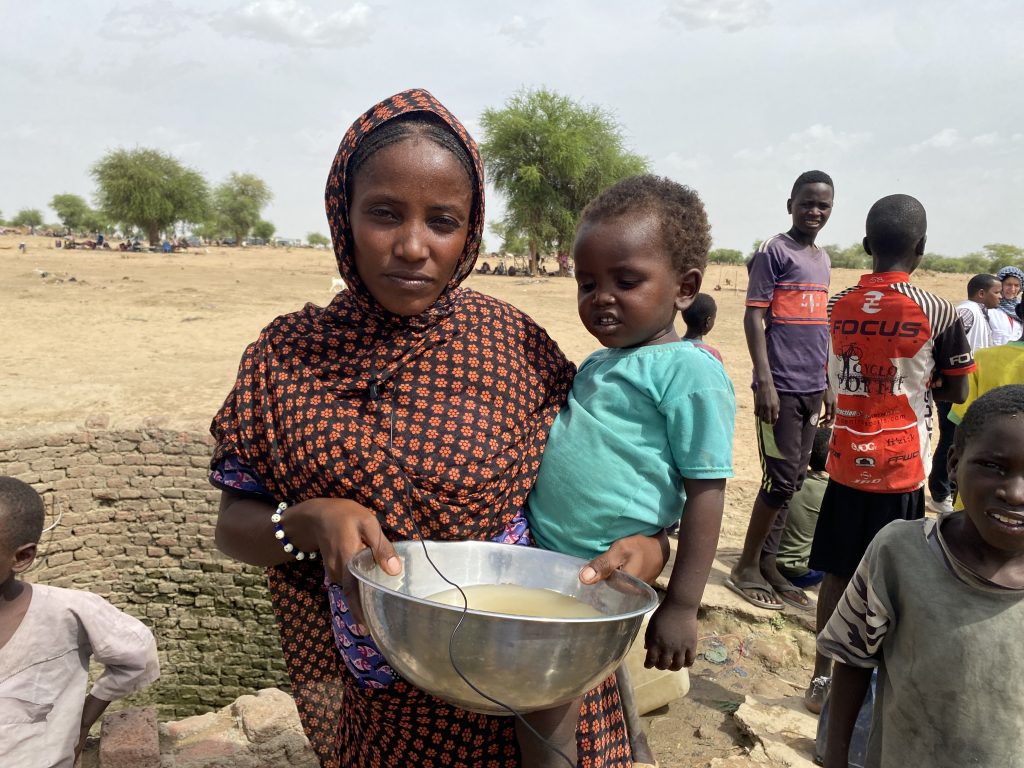
In response, MSF started an emergency project in cooperation with health authorities in Sila region, near the Chad-Sudan border. Through mobile clinics that reach Sudanese refugees, Chadian returnees and host communities, our teams provide medical and preventive care in Andressa and Mogororo refugee sites. Services include the screening and treatment of acute malnutrition in children, sexual and reproductive healthcare and referrals to MSF-supported Deguessa health centre or to Koukou hospital for secondary healthcare. In the first three weeks alone, medical teams treated 1460 patients, the majority of them are children suffering from malnutrition, respiratory infections, acute watery diarrhea and malaria – all of which are associated with their precarious living conditions. A total of 333 pregnant women also received ante-and post-natal care.
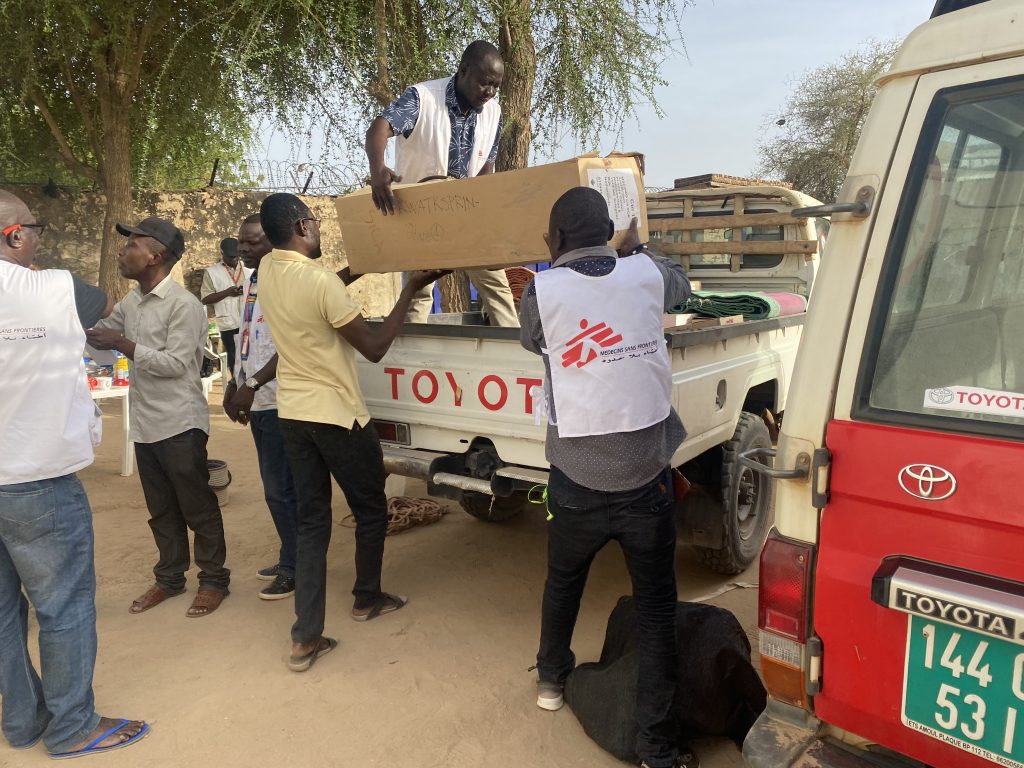

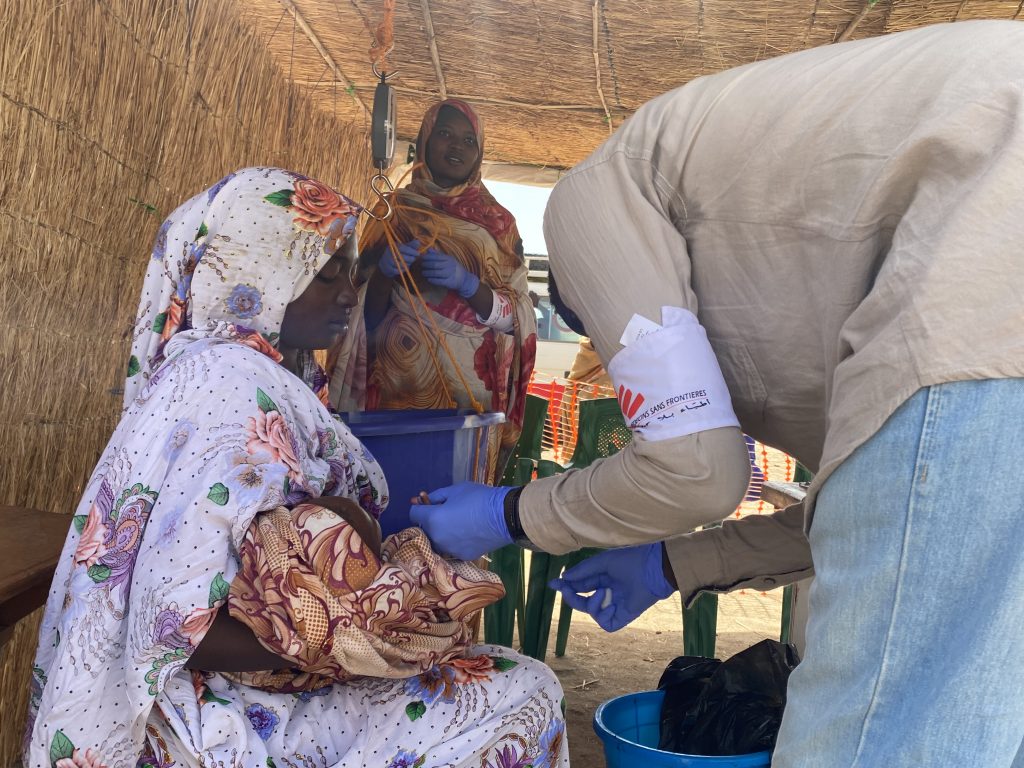
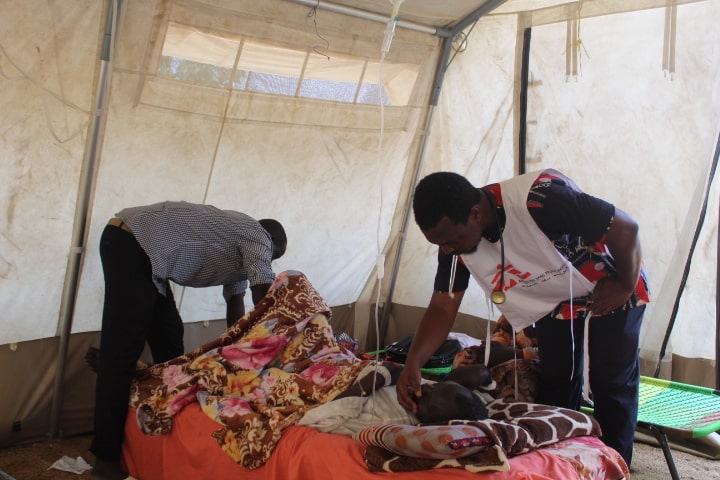
While running mobile clinics over the past weeks, our teams in Sila have also heard firsthand disturbing accounts from refugees who fled from the Sudanese locality of Foro Baranga and surrounding villages, south of West Darfur at only a few kilometers from Sudan’s border – most of them arriving on foot.
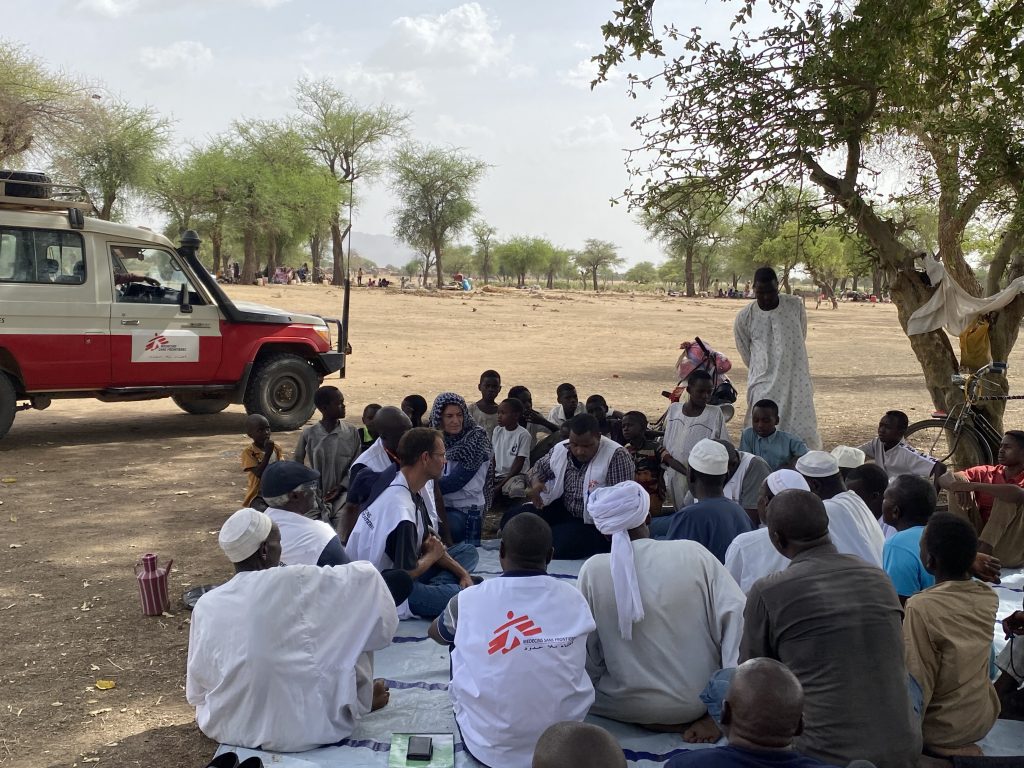
Our teams have also taken care of over 70 injured Sudanese in our health facility in Ouaddai’s Adre region. Most of the wounded arrived with severe gunshot wounds sustained in the clashes in West Darfur – many of them were left behind, unable to travel to Chad or to receive medical treatment.
While Chad – a country devoid of resources – experiences the repercussions of the conflict in Sudan, the silent humanitarian crisis in the country is further deepening. Chadians living in border regions are no longer able to seek healthcare during the disruptive rainy season nor to access markets in Sudan for their livelihoods. This has caused prices of food and commodities to soar – in an area with pre-existing high levels of malnutrition and where access to healthcare was already very limited for the host community. People in Chad continue to be exposed to multiple shocks caused by extreme weather changes, armed conflict and recurrent outbreaks of preventable and treatable diseases. These latest events will only increase their vulnerability and that of refugees and Chadian returnees.
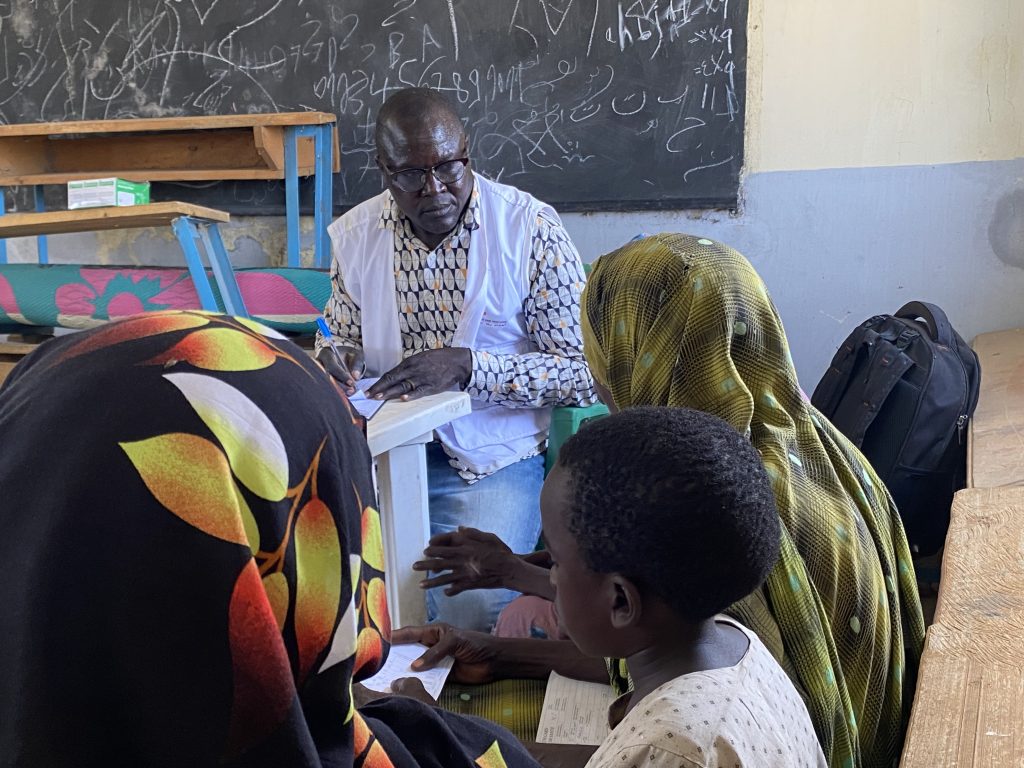
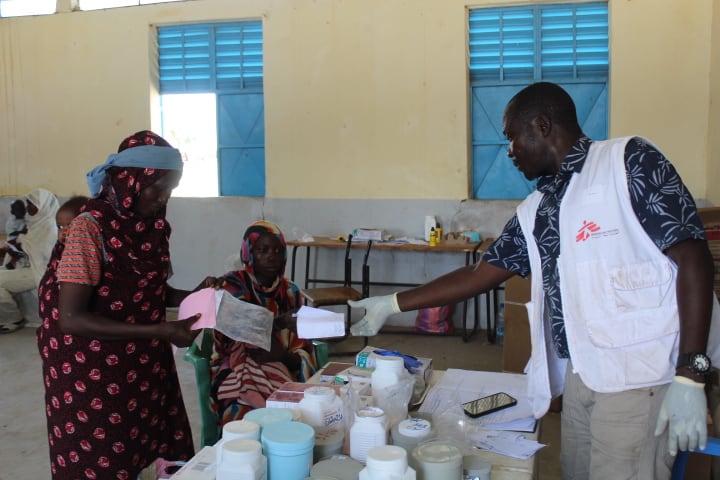
“We are facing a crisis on top of another crisis. People are trickling in whenever the conflict intensifies in Sudan, with more expected to cross into Chad as the fighting continues unabated,” says Audrey.












